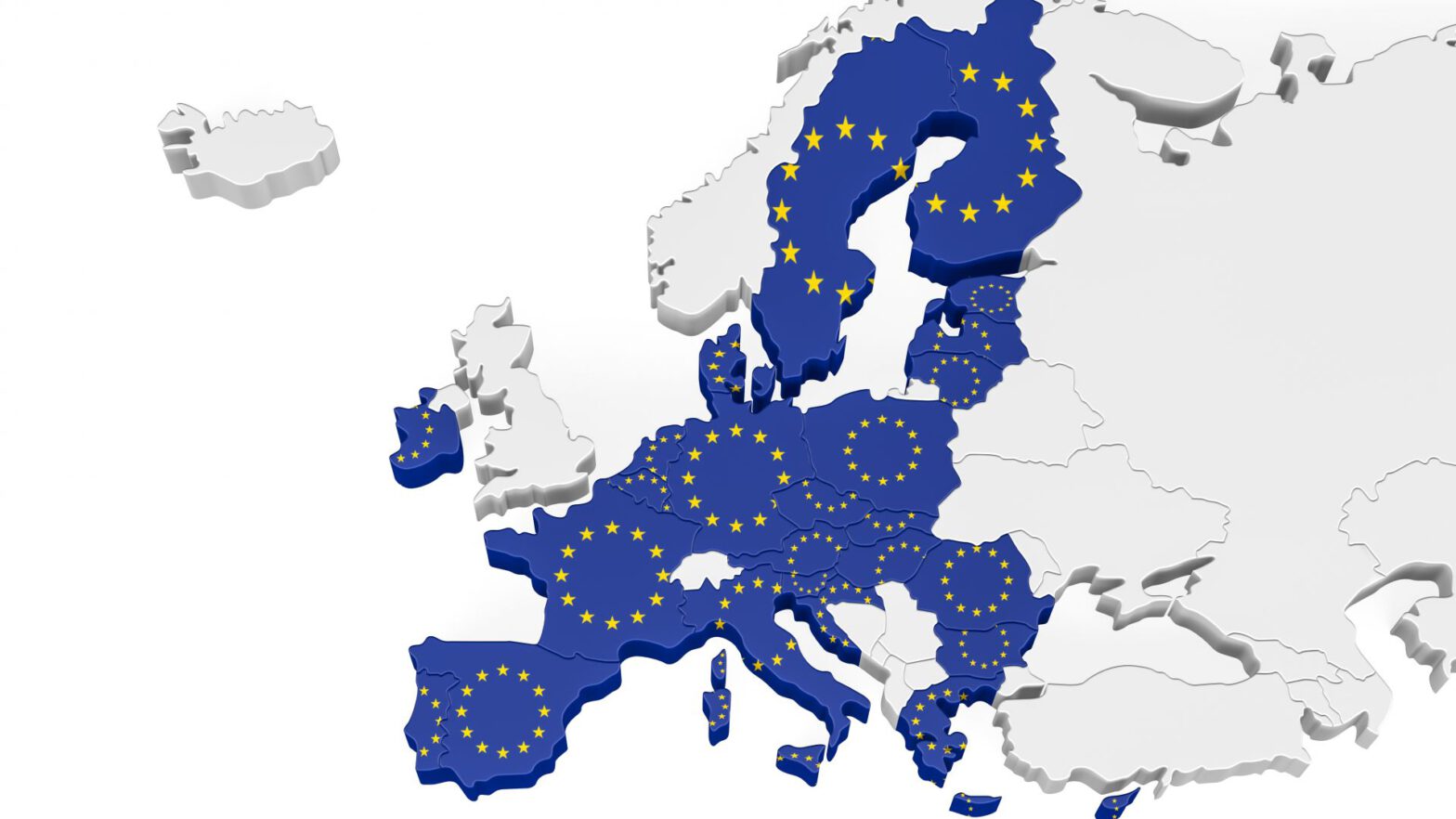The ghost of Europe’s past glory haunts its present corridors of power. From the marble-clad halls of Brussels to the steel-and-glass towers of Frankfurt, one can still sense echoes of the continent that once painted its worldview across the globe. Yet today, that same Europe finds itself at a crossroads, caught between the hammers of American deglobalization and Chinese state capitalism.
We Europeans have mastered the art of self-reflection, perhaps to a fault. For two millennia, our continent’s narrative intertwined with the world’s destiny – not always for the better, as any honest accounting of colonialism would attest. From the scientific revolution to the industrial triumph of the 1800s, European thought and innovation shaped the global order. Even after World War II’s devastation, the continent rebuilt itself under the protective umbrella of Anglo-American capitalism.
But that model has begun to show its age, like a once-magnificent cathedral in need of urgent repair. The Thatcher-Reagan doctrine of deregulation and market fundamentalism has left deep cracks in our social foundation. A new generation of demagogues – from Trump across the Atlantic to the AfD in Germany, from Le Pen in France to Meloni in Italy – feeds on the frustrations of those left behind by this economic orthodoxy.
The political mainstream appears paralyzed. Germany’s traffic light coalition stumbled, Macron’s France hesitates, and Austria flirts with its darkest impulses. Meanwhile, China has transformed itself from the world’s workshop into its technological powerhouse, flooding markets with products at prices that make European industry blanch. Across the Atlantic, America retreats into a fortress of protectionism, with Trump’s return threatening to turn NATO into a bed-and-breakfast club with optional membership.
Our digital public square has been colonized by foreign algorithms. TikTok serves youth culture on a Chinese platter, while Elon Musk’s X (Twitter) amplifies society’s worst impulses. Generation Z searches for jobs between dance videos, while truth drowns in a sea of viral misinformation. The pandemic exposed our dependence on distant supply chains with all the subtlety of a ruptured gas pipeline in the Baltic Sea.
Yet in this crisis lies opportunity. Europe’s weakness has always been its division; its strength, its ability to reinvent itself. We pride ourselves on our values – openness, integration, diversity, environmental responsibility – but too often lack the courage to defend them. Why do we allow digital platforms to corrode our democracy while avoiding European taxes? Why do we demand environmental responsibility from our farmers while importing products made with casual disregard for our planet’s future?
The solution isn’t to abandon globalization but to redefine it on European terms. Imagine a Europe that says: Want access to our market? Show us your algorithms. Want to sell to our consumers? Pay your fair share and taxes. Want to import products? Meet our standards for environmental protection and human rights.
Europe possesses everything needed for a renaissance: technological expertise, manufacturing heritage, and a market of 450 million consumers. From medicine to microchips, from artificial intelligence to green mobility, the potential for European leadership lies dormant, waiting for political courage to awaken it.
The hypocrisy of current European policy – preaching values while practicing expediency – must end. Our dependence on authoritarian regimes for energy and manufacturing was a choice, not a necessity. The transfer of technology to China through joint ventures was a business decision that prioritized quarterly profits over long-term strategic interests.
It’s time for Europe to embrace not a century of conquest, but one of conviction. Not domination through force, but leadership through example. A European century defined not by what we take from the world, but by what we offer it: a model of prosperity that doesn’t sacrifice dignity, progress that doesn’t ignore posterity, and strength that doesn’t require others’ weakness.
The choice is ours. We can continue to drift between American and Chinese poles, or we can chart our own course. The European century awaits – not as a return to imperial glory, but as an invitation to prove that our values aren’t just heritage to preserve, but a future to build. Europe can lead, not by repeating the mistakes of a colonial past, but by championing a future grounded in principles. It is time to reclaim our markets, rebuild our industries, and foster a European century defined by innovation, resilience, and a shared commitment to our values.
